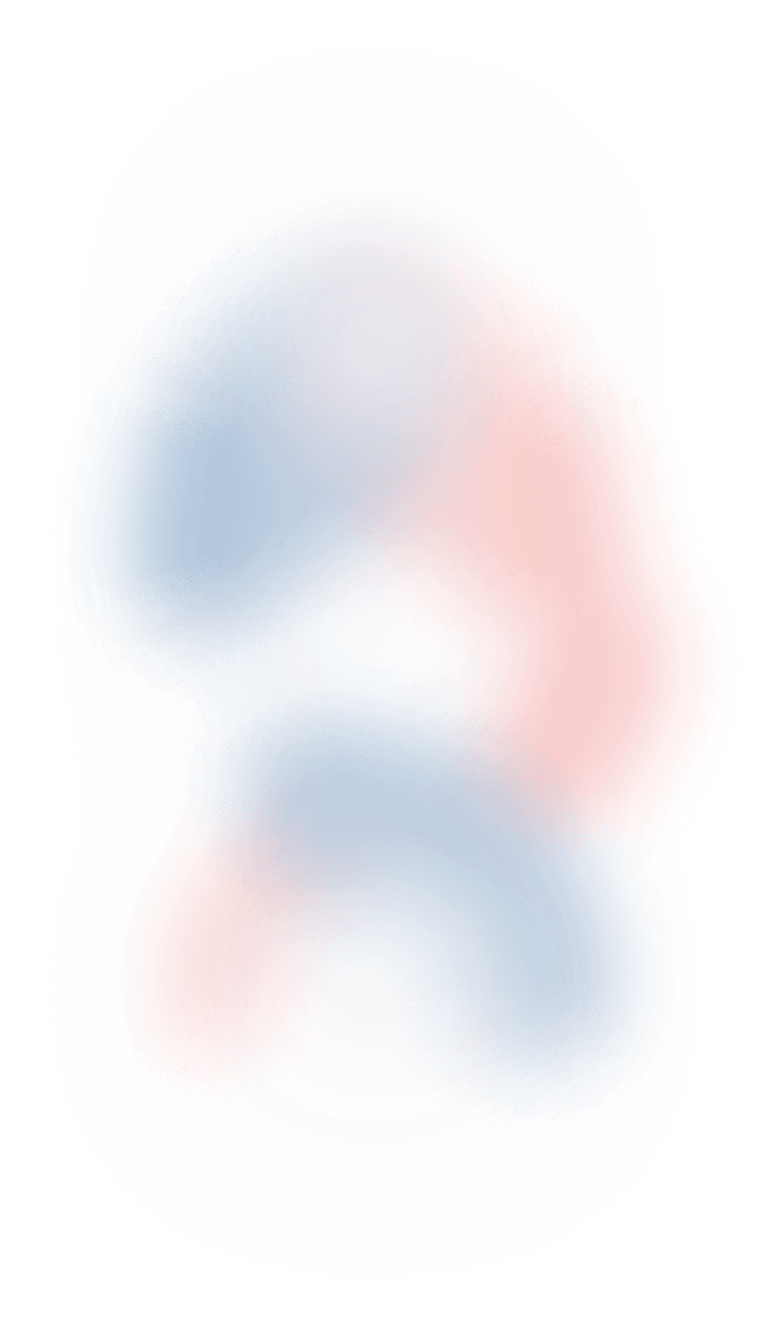Connecticut cannabis law
| Medical patients | 1 month’s supply Amount determined by physician |
| Recreational users | 1.5 oz flower Can have up to 5 oz in home |
| Medical patients | 6.35% |
| Recreational users | 20% Varies according to municipality |
| Medical patients | 6 plants Max 3 mature |
| Recreational users | 6 plants Max 3 mature |



Do I qualify?


Concise guide to Connecticut's medical marijuana laws
- Amyotrophic lateral sclerosis
- Autism spectrum disorder
- Cachexia
- Cancer
- Cerebral palsy
- Chronic neuropathic pain associated with degenerative spinal disorders
- Chronic pain of at least 6 months duration associated with a specified underlying chronic condition refractory to other treatment intervention
- Chronic pancreatitis (subject to approval by the legislature’s Regulations Review Committee)
- Complex regional pain syndrome
- Crohn’s disease
- Cystic fibrosis
- Ehlers-Danlos syndrome
- Epilepsy
- Female orgasmic difficulty/disorder
- Glaucoma
- Hydrocephalus with intractable headache
- HIV or AIDS
- Huntington’s disease and/or related movement disorders
- Interstitial cystitis
- Intractable headache syndromes
- Intractable neuropathic pain that is unresponsive to standard medical treatments
- Intractable spasticity
- Irreversible spinal cord injury with objective neurological indication of intractable spasticity
- Medial arcuate ligament syndrome, or MALS syndrome
- Multiple sclerosis
- Muscular dystrophy
- Neuropathic facial pain
- Osteogenesis imperfecta
- Parkinson’s disease
- Post herpetic neuralgia
- Post-surgical back pain with a condition called chronic radiculopathy
- Post laminectomy syndrome
- Post-traumatic stress disorder (PTSD)
- Severe psoriasis and psoriatic arthritis
- Severe rheumatoid arthritis
- Sickle cell disease
- Spasticity
- Spasticity or neuropathic pain associated with fibromyalgia
- Terminal illness requiring end-of-life care
- Tourette syndrome
- Ulcerative colitis
- Uncontrolled intractable seizure disorder
- Vulvodynia and vulvar burning
- Wasting syndrome
- Other medical conditions may be approved by the Department of Consumer Protection
One-month supply (defined as up to 5 oz of cannabis flower per month)
Yes. Registered patients age 18 or older may home cultivate up to six plants. No household can grow more than 12 plants.
Yes.
Yes, a qualifying patient shall have not more than one primary caregiver at any time.
40,028
Source: Connecticut Department of Consumer Protection, as of April 2024
Yes
No
Additional information for Connecticut patients and physicians regarding Public Act 12-55, An Act Concerning the Palliative Use of Marijuana is available online from the state Department of Consumer Protection.
Apply for your medical cannabis card in Connecticut

Detailed overview of Connecticut medical marijuana regulations
Possession limits for medical cannabis patients in Connecticut
According to Connecticut’s Palliative Use of Marijuana Act (PUMA), the purchase limit for medical marijuana patients in Connecticut is 5 ounces of marijuana flower or its equivalent within a 30-day period. In some cases, the patient’s doctor may specify a purchase limit in the patient’s certification, which may override the standard limits.
Medical marijuana patients can possess up to 5 ounces of marijuana flower or its equivalent in public. Caregivers can possess up to 5 ounces of marijuana flower. Licensed medical dispensaries require the patient’s or caregiver’s medical marijuana card and a CT-issued ID card during a purchase.
Registered qualifying patients and caregivers in Connecticut can purchase medical cannabis in the form of capsules, pills, suppositories, tablets, and sublinguals. Marijuana in smokable, inhalable or vaporizable form is prohibited for patients under 18. Registered patients have exclusive use of medical marijuana dispensary facilities and have priority over adult-use cannabis users at hybrid retailers.
Medical marijuana patients can also purchase adult-use cannabis as adult-use consumers as long as they are 21+. It is illegal for patients to sell the medical cannabis meant for their treatment. When in possession of more than 1.5 ounces of cannabis, it’s essential for medical marijuana patients to have their ID card.
It’s essential for patients and their caregivers to remain up to date with the purchase and possession limits of medical marijuana in Connecticut. That way, they can be legally compliant.
Cultivation and responsible use of medical cannabis in Connecticut
Personal cultivation:
Under Sec. 21a-408d of the Palliative Use of Marijuana Act in Connecticut, qualifying patients who are 18 years of age or older can cultivate three mature and three immature cannabis plants in their primary residence. But, the plants must be secure from access by anyone other than the patient or caregiver.
Households with more than one registered patient can grow up to 12 cannabis plants. All marijuana personal cultivation must take place indoors, and the plants must not be publicly seen or accessible by minors.
Commercial cultivation:
There are two types of marijuana producers recognized by the state of Connecticut under sections 21a-408 to 21a-408m: cultivators and micro-cultivators.
A micro-cultivator has a grow operation between 2,000 and 10,000 square feet, with fees including a $250 lottery entry, $500 provisional license, and $1,000 final license/renewal. A cultivator has an operation bigger than 15,000 square feet, and is required to pay a $1,000 lottery entry fee, a $25,000 provisional license fee, and a $75,000 final license/renewal fee.
Primary caregiver responsibilities and considerations in Connecticut
Only a medical marijuana patient and the official caregiver of the patient can purchase, possess and cultivate the state-allowed amount of medical cannabis in Connecticut. Registered medical marijuana caregivers are allowed to assist only one patient. The exception is if the caregiver has a parental, conservatorship, guardianship or sibling relationship with more than one qualifying patient.
Under the Connecticut Palliative Use of Marijuana Act, qualifying patients can appoint a caregiver before receiving a medical card. A caregiver can only access the online registration system if the patient’s physician indicates the need for one, and the patient selects the applicant to serve in that role. If the patient is under 18, the caregiver must be a parent, legal guardian or custodian.
Here are the requirements for medical marijuana caregivers in Connecticut:
- They must be 18+
- They must agree to be responsible for managing the well-being of the patient and overseeing the use of medical marijuana
- They must not have been convicted of a violation of any law regarding the illegal manufacture, sale or distribution of a controlled substance
- They must not be the qualifying patient’s physician
The patient must first indicate the need for a caregiver when applying for the MMJ card. Afterwards, the prospective caregiver must register with the Connecticut Medical Marijuana Program and pass a criminal background check. Patients can change their caregiver when renewing the medical marijuana card.
Here are the five steps to register as a medical marijuana caregiver in Connecticut:
- Create an account: Register on the DAS Business Network website by following the prompts for account creation and verification.
- Login: Once you’ve created your account, log in using the email address and password you provided during the registration process.
- Provide identifying information: Select the “I am a Caregiver” option, then enter your date of birth and email address.
- Verify and upload documents: Review your information on the Primary Caregiver Information page and upload the required documents.
- Agree to terms: Read and affirm each statement on the webpage.
A medical marijuana caregiver is tasked with assisting a qualified patient in using their prescribed medical cannabis safely. They can purchase, transport, possess and cultivate medical cannabis on behalf of the cardholder. When in possession of more than 1.5 ounces of cannabis, it’s essential for the caregiver to have the MMJ card.
A caregiver should comply with the relevant cannabis laws in Connecticut and keep all important documents up to date. It’s important to respect the confidentiality of your patient’s medical information, unless they authorize you to reveal it.
It is illegal for caregivers to consume or sell the cannabis purchased for their patients. This can be charged as a misdemeanor or felony.
Medical cannabis for veterans in Connecticut
Veterans who require medical marijuana treatment due to their physical and mental health conditions can qualify for a Connecticut medical marijuana card. Connecticut does not restrict veterans from using medical cannabis as a treatment option, as long as they qualify.
- Veterans can apply for a medical marijuana card like every other individual in Connecticut. The same laws on qualifying conditions, purchase limits, possession, cultivation and responsible use apply to veterans.
- In Connecticut, qualified veterans are not required to pay the application or renewal fee on the medical marijuana card.
- Marijuana is considered a Schedule 1 Substance under federal law, so owning a Connecticut medical marijuana card disqualifies cardholders from getting a Connecticut Pistol Permit.
- The Department of Veterans Affairs complies with federal law and considers marijuana as a Schedule 1 Substance. Due to this, VA clinicians and pharmacies are not allowed to recommend or assist veterans in getting medical cannabis.
- The use of medical marijuana does not disqualify any veteran from receiving VA benefits, but its use is prohibited on VA grounds.
Dr. Weedy is committed to supporting veterans who require medical cannabis as part of their treatment. Therefore, we provide special discounts to veterans, lowering the cost of medical cannabis certifications. Click here to learn more about the veteran’s discount.
Access to marijuana treatment for people with disabilities in Connecticut
In Connecticut, medical marijuana patients whose physical and mental disabilities prevent them from purchasing, transporting, possessing, responsibly using and cultivating cannabis can appoint a caregiver. Furthermore, the Connecticut medical marijuana program allows patients to apply via its online system and telemedicine.
Dr. Weedy prioritizes equal access to medical cannabis treatment, simplifying the process of receiving medical marijuana cards for individuals with disabilities. Our online platform is 100% remote. You can complete the physician consultation and application online.
Medical marijuana reciprocity and access for non-residents in Connecticut
A reciprocity program in one state allows individuals from other states to purchase medical marijuana with their medical card. As of this writing, the State of Connecticut does not have a medical marijuana reciprocity program. Out-of-state patients cannot purchase medical cannabis from licensed dispensaries in Connecticut.
Diagnosis and medical marijuana treatment for PTSD and chronic pain in Connecticut
Many patients diagnosed with post-traumatic stress disorder (PTSD) or chronic pain wonder if they are eligible for a medical marijuana card. Connecticut’s list of qualifying medical conditions for an MMJ card includes PTSD and chronic pain, but this is limited to patients over 18.
- PTSD: Post-traumatic stress disorder was added to the list of qualifying medical conditions in Connecticut in 2012. This is a medical condition that develops in individuals who fail to recover from the impact of a traumatic event. Patients experiencing symptoms of PTSD may be eligible to use medical marijuana as a treatment option. Consult with a licensed physician to determine your eligibility.
- Chronic Pain: Complex regional pain syndrome, neuropathic facial pain, intractable neuropathic pain, and chronic pain related to an underlying chronic condition causes a patient to qualify for a medical marijuana treatment in Connecticut. Consider discussing your eligibility with a licensed physician.
Employment protections medical marijuana patients in Connecticut
According to the Palliative Use of Marijuana Act in Connecticut, employees who possess Connecticut-issued medical marijuana certificates are not subject to employment discrimination. Employers are prohibited from refusing to hire, terminating, penalizing, or threatening an employee because they hold an MMJ card or act as a caregiver for someone who does.
Connecticut employers are prohibited from refusing to hire a job applicant because they tested positive for a drug test, when the applicant is a registered medical marijuana user. But, there are no laws restricting an employer’s right to ban the use of marijuana during working hours.
























